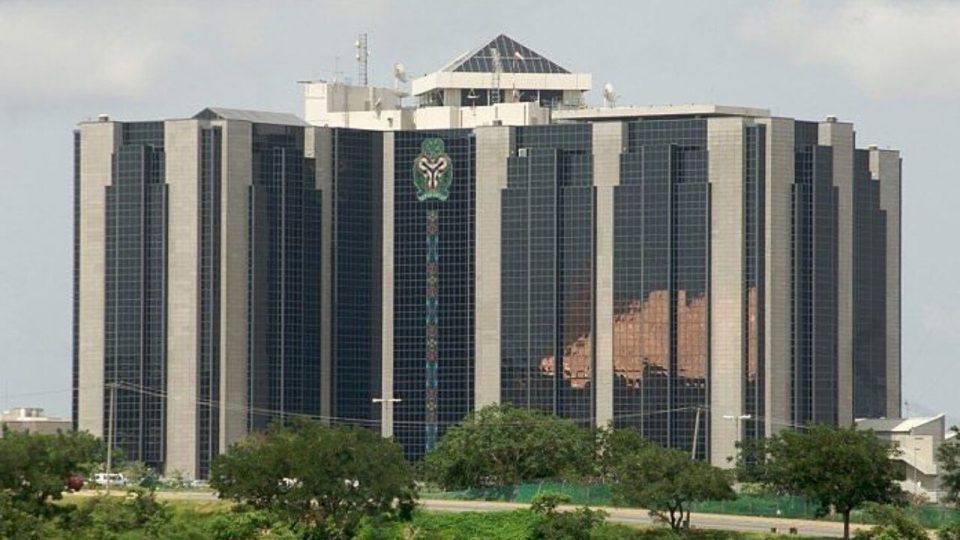Nigeria marked its 63rd independence anniversary on Sunday with a low-key celebration.
The decision to scale back the festivities was taken in light of the country’s economic challenges, according to the Secretary to the Government of the Federation, George Akume.
In an address to Nigerians on Sunday, President Bola Tinubu lauded the country’s founding fathers for their doggedness, patriotism, and activism that culminated into Nigeria’s freedom from colonialists 63 years ago.
He said that their efforts gave life to the belief in Nigeria as a sovereign and independent nation that it is today.
“On this solemn, yet hopeful day, let us commend our founding fathers and mothers. Without them, there would be no modern Nigeria.
“From the fading embers of colonialism, their activism, dedication and leadership gave life to the belief in Nigeria as a sovereign and independent nation.
“Let us, at this very moment, affirm that as Nigerians, we are all endowed with the sacred rights and individual gifts that God has bestowed on us as a nation and as human beings. No one is greater or lesser than the other,” the President noted.
Ordinarily, 63 years of freedom from colonial imperialism and political slavery ought to be celebrated with pageantry.
However, Nigerians are too disenchanted with the socio-economic situation in the country to celebrate.
For many, there is little or nothing to celebrate about a nation that is rapidly degenerating into a failed state.
Several years after independence, the country appears to be retrogressing in virtually every sector, lagging in basic services of a government to the people, and losing control or sharing some of its territories with non-state actors, who have almost succeeded in bringing government to its knees, using banditry and kidnapping and insurgency.
Unemployment, political uncertainty as well as the insecurity of lives and property have been identified as some of the compelling factors for a mass exodus of educated and skillful youths from the country, the ‘Japa’ syndrome.
With only a few enjoying the commonwealth while the majority are homeless, hungry and defenseless, many citizens fear that the benefits of independence have eluded the country.
The hardship and maltreatment suffered by the builders of Nigeria brought out their strengths to stand against the colonial masters.
Their agitations were centered only on how they could have the nation of their dreams where the lives of the citizens mattered and their properties were secured.
Their fight was for the emancipation of their people from the oppressors and give hope to generations yet unborn.
They endured so much in the hope that coming generations would not face the same hardship. It was a fight that fetched them a resounding and worthy victory. It earned them the freedom we now celebrate as our Independence Day.
Nationalists such as Nnamdi Azikiwe, Obafemi Awolowo, Ahmadu Bello, Anthony Enahoro and Ladoke Akintola fought tooth and nail for the country’s independence.
On the cusp of independence, Nigerians were in high spirits, jubilating and celebrating that they were finally going to stand on their own. A new journey had begun and the task to build a nation of peace and comfort for all citizens occupied everybody’s minds.
“At 63 years, it is sad to note that the country’s growth does not correspond with its age”
As it is common knowledge, Azikiwe was made the Governor-General of the federation while Tafawa Balewa served as the Prime Minister. This was before the country became a Republic in 1963.
The then leaders of the country were concerned about the growth of the country and her citizenry.
Their concerns centered largely on socio-political evolvement, economic growth and educational development, among other things. They invested in the youths― their successors in governance― by giving them sound education and engaging them reasonably.
History tells how youths in the early post-independent era enjoyed lucrative jobs and juicy engagements.
They were made today’s heroes and given unlimited opportunities. They did not face any trouble in securing jobs after their education. We are told how companies sent their representatives to convocations to scout for potential employees.
Those were the sacrifices made by our forefathers to engender the development of sane youths, with the hope that the legacy they left behind would be strictly followed by their successors.
Unfortunately, it is now a different legacy.
Today, those who took power from them are sly leaders who have become experts at milking the coffers of the state, abusing the trust of the citizenry and usurping the resources of the land.
They are selfish leaders who are only interested in their purses. Their interest lies in how fat their bank accounts can get. It is evident that their actions are different from the legacy they inherited from the founding fathers of the nation.
The youths of today have been callously denied the juicy treats that the youths of yesterday benefited from. Today’s graduates are made the subjects of mockery as a result of maladministration and reckless governance by the country’s pseudo leaders.
Growth as an independent nation is not visible in Nigeria.
At 63 years, it is sad to note that the country’s growth does not correspond with its age.
The acclaimed giant of Africa wallows in a pool of disgrace and is even worse off than some other African countries that gained independence before and after it.
There is no sector where Nigeria can boast of achievement. It is telling that no administration has succeeded in making the nation realise its full potential.
This is a shame to the successors of our heroes’ past.
It is our hope and prayer that everything would finally fall in the right places, just like our ancestors wanted.

